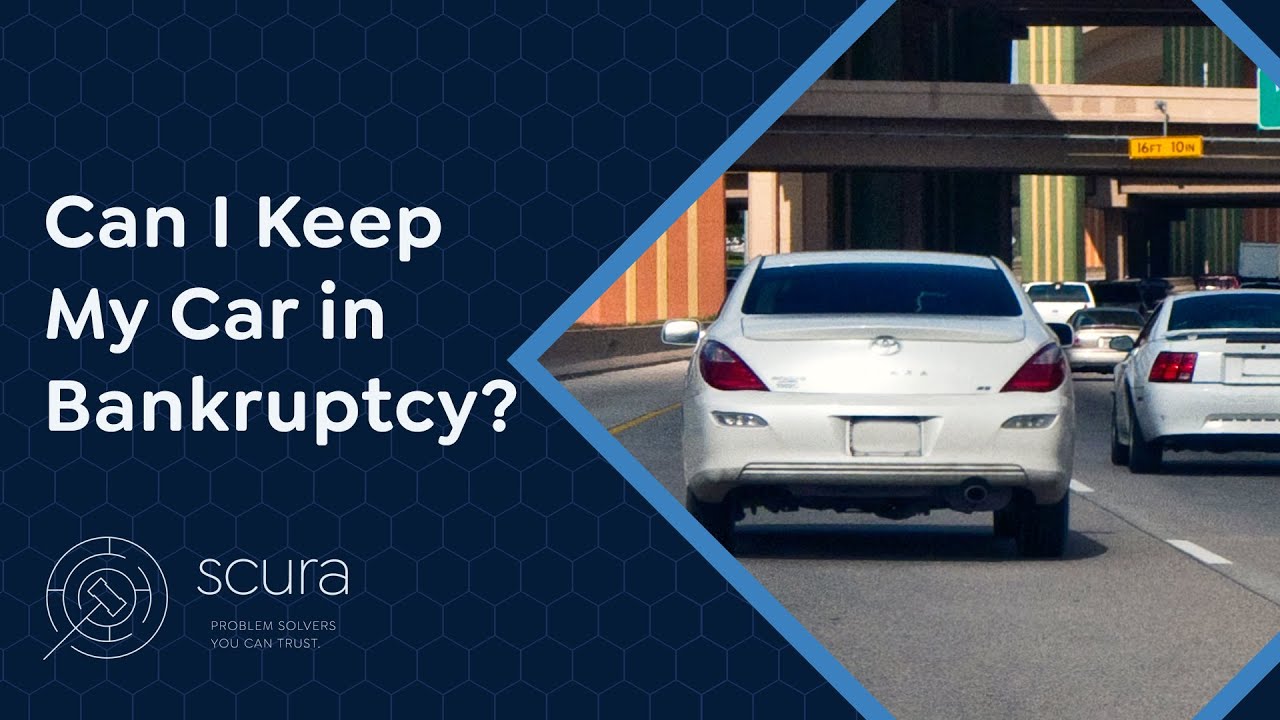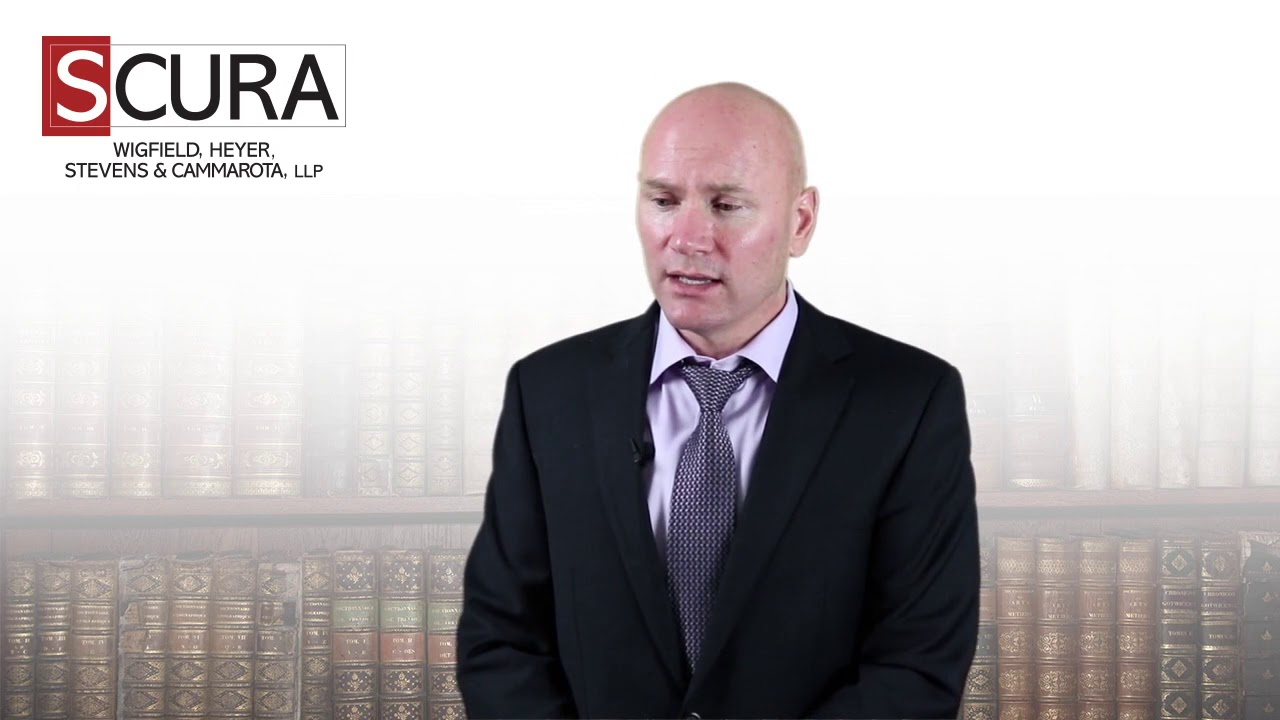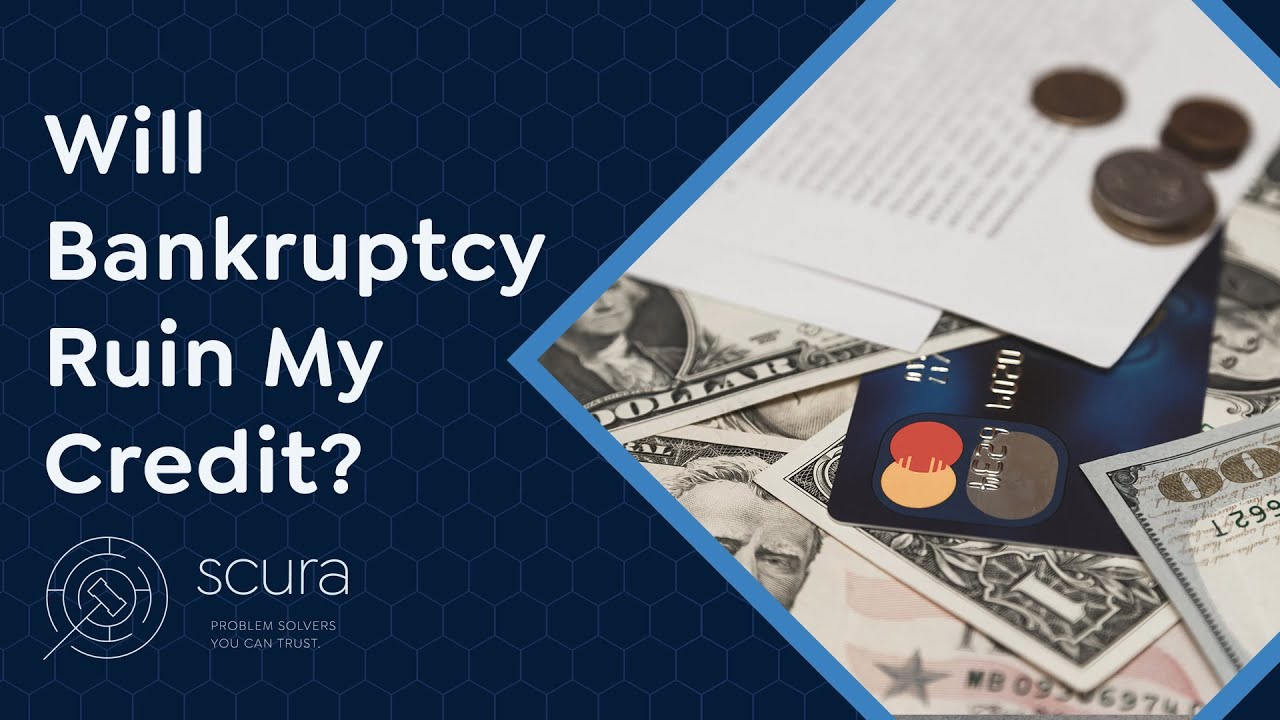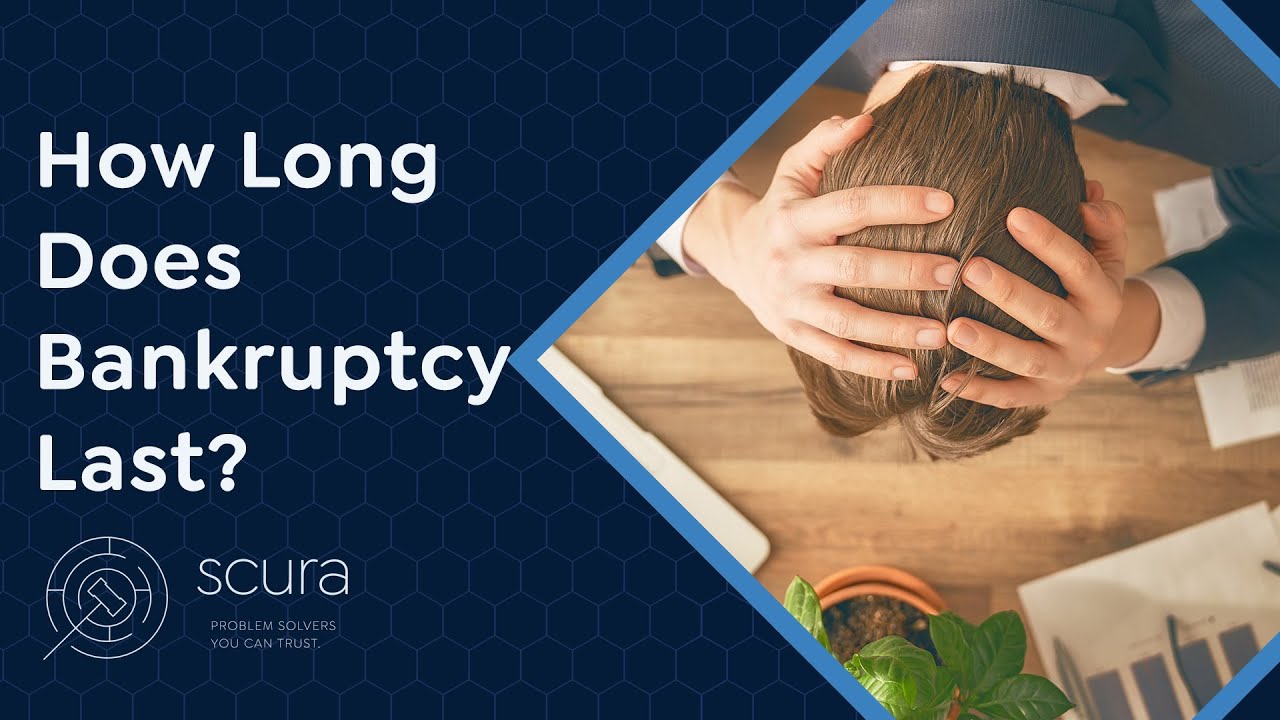NJ Bankruptcy Frequently Asked Questions
22 Common Bankruptcy FAQ's in New Jersey
We know that when it comes to filing bankruptcy you probably have a ton of questions on your mind.
To get some of those questions sorted and get you on your way to being more informed, we've compiled a list of 22 frequently asked questions that we hear all the time with corresponding answers that we've outlined to getting you started on your road to bankruptcy.
If you have a question that we haven't covered down below, just reach out to us and we'll make sure that we'll cover and add it to the list.
Behold the most frequently asked questions below...
1. What is a Chapter 7 bankruptcy?
Chapter 7 is termed the liquidation bankruptcy chapter. In a chapter 7 bankruptcy you can eliminate, wipe out or discharge most types of debt. Examples of unsecured debt that can be wiped out are credit cards and medical bills. All types of people and companies -- individuals, married couples, corporations and partnerships can all file a Chapter 7 bankruptcy if eligible. Many people think that you cannot file a chapter 7 bankruptcy any longer. This is NOT accurate and most people can still file a chapter 7 bankruptcy. The changes in the laws passed in 2005 did not have as much impact as anticipated and most still qualify for chapter 7 bankruptcy. In fact, in a study in our office covering 100 files, prior to the changes in the law, the new laws would have impacted less than 5%.
2. What is a Chapter 13 bankruptcy?
Chapter 13 is a reorganization or repayment plan-type bankruptcy that allows the debtor to enter into an interest-free debt repayment plan. Typically a debtor will pay a smaller percentage of the debts over a 3 to 5 year period in the bankruptcy plan. The amount paid and the duration of the plan depends on the debtor's property, income and expenses. Creditors are not allowed to pursue or maintain any collection activities or lawsuits during the case. If successful, these creditors will be wiped out or discharged. A Chapter 13 bankruptcy is very powerful because it provides a mechanism for debtors to prevent foreclosures and sheriff sales and stop repossessions and utility shutoffs while catching up on their secured debt.
3. Can I keep or save my house?
Yes. There are many strategies that you can use to save your house or home. Our New Jersey bankruptcy lawyers can go over your many options. In a Chapter 7 bankruptcy if there is not much equity in the home and you are current on your mortgage, you can wipe out credit cards and other unsecured debt and still save your house. In a Chapter 13 bankruptcy, if you behind on your payments, you can restructure the mortgage and pay the amount you have fell behind or the arrears over the life of a 60 month or five year plan. Call one of our New Jersey or New York attorneys to discuss the many different types of plans of reorganization that you can file.
4. Can I keep or save my car?
Yes. You can keep your car. In a Chapter 7 bankruptcy if you are current or can get current quickly on your car payments, you can save the car and wipe out unsecured debt or credit card debt. If you are behind on payments, you can file a Chapter 13 bankruptcy and catch up with the amount you have fallen behind through a plan of reorganization. If the value of the car is less than the amount of the loan, there are certain times that you can knock down the amount of the loan and restructure it. All circumstances vary and you need to speak to one of our New Jersey bankruptcy lawyers to see your options. Bottom line is there are definitely ways to save your car or automobile.
5. Once I file bankruptcy, do creditors stop harassing me?
Once you come into our office and retain one of our New Jersey Bankruptcy Lawyers, the harassment stops. You can give the creditors our name and tell them that under the Fair Debt Collection Act that they may no longer contact you. Once the bankruptcy petition is filed, a federal court order and law stops them from contacting you, suing you or pursuing you in any way. You are now protected by the automatic stay in bankruptcy.
6. Can I get rid of student loans or tax debts in a bankruptcy?
Most student loans cannot be wiped out. However, you can get relief from student loans through a Chapter 13 repayment bankruptcy. Student loans cannot be discharged in a Chapter 7 bankruptcy. But, you may be able to use a Chapter 13 bankruptcy to restructure the loans and create up to a 60 month plan. You can also take the amount you fell behind and begin to catch up through the Chapter 13 plan. In extraordinary cases, you may be able to obtain what is called a hardship discharge.
7. Can I wipe out some government tax debts or debts owing to the IRS or State?
Yes. If the tax is for income tax and you file bankruptcy more than 3 years after you have filed timely and accurate tax returns, you may be able to wipe out the debt. There are strict requirements in order for the income tax debt to be dischargeable. Call one of our New Jersey or New York bankruptcy attorneys to discuss whether the government tax debt is dischargeable. Of course, many tax debts are not dischargeable, but may be if the strict requirements are met.
8. Do I have to list all of my creditors in the bankruptcy?
Yes. Your creditors must be listed in your bankruptcy along with their names and addresses and approximate amount owed. If you miss any, the petition can be amended to list the creditors. Our law firm can run a credit check in the event you are not sure of all of your creditors.
9. What if I forget to list a creditor in my bankruptcy?
You can always amend a petition. If you catch the problem right away it is much easier to solve the problem of the missed creditor. If you learn of the missed creditor after your case is done, you can reopen the case to list the creditor.
10. Does my spouse have to file jointly with me?
No. If most debts are in one spouse's name, it is a valid strategy to only file bankruptcy for the one spouse with the debt. This saves the credit rating of the non-filing spouse. If the spouse is a co-signer on certain debt, then the non-filing spouse would still be responsible for that debt. Give one of our New Jersey bankruptcy lawyers a call to see if this is a valid strategy for your family.
11. If I start doing very well financially and making money after a bankruptcy can creditors come back after me?
No. In a chapter 7 bankruptcy if you have obtained a discharge and the case is closed out, then you start doing much better financially, creditors that existed when you filed the bankruptcy cannot come back after you. Once they are wiped out, the creditors cannot come back after you.
12. How do I know if I should file bankruptcy?
If you can no longer keep up with the payments on your credit cards, it may be the time to consider bankruptcy. If your wages are garnished after a judgment, it may be time to consider a bankruptcy. If you are in foreclosure and behind on your mortgage payments, it may be time to consider bankruptcy. If you have overwhelming debt of any kind and it just does not look like there is any way to pay, it may be time to consider bankruptcy. A simple FREE consultation with one of our New Jersey bankruptcy attorneys may give you some needed guidance. You can also call the office at 973-786-1582 and we can give you a FREE bankruptcy consultation on the phone so we can discuss your options.
13. Who knows about my bankruptcy case?
The only parties that will be notified of your bankruptcy are your creditors. Your employer is generally not notified of your bankruptcy unless your employer is listed as a creditor in the bankruptcy. A bankruptcy can be looked up and is public record but generally others will not find out unless they are specifically looking for the bankruptcy filing.
14. What can I do to rebuild my credit after filing bankruptcy?
Our New Jersey attorneys can show you ways to rebuild your credit after bankruptcy. The bankruptcy lasts on your credit for up to ten (10) years. Remember, just because the bankruptcy is on your credit report does not mean that you cannot obtain credit after a bankruptcy. Many of our clients rebuild their credit long before the 10 years has passed.
15. Can I defend a foreclosure without bankruptcy?
You may be able to defend the foreclosure and may have a counterclaim against the bank for fraud for putting you in a loan that did not meet your needs.
Many of these lenders put people into loans they should have never been in. Brokers and banks made big monies on fees and points in connection with the loan, and many good people borrowing the money were hurt in the process. Now, people are losing their house. In many cases, there is a good fraud claim against the bank foreclosing. You may be able to reduce the loan, restructure the loan on more favorable terms or wipe it out completely.
16. Can I modify my loan without a bankruptcy?
Yes, absolutely. We have a team of attorneys that works on loan modifications with banks. Many of our clients have obtained restructuring of their mortgage loans without filing a bankruptcy.
17. Are retirement accounts exempt from creditors in a bankruptcy?
Most IRAs, ERISA qualified pension plans, 401K plans, 403 plans and most retirement accounts cannot be touched in a bankruptcy. For example, you could have $100,000 in a 401K account, keep the whole account and wipe out your creditors.
18. Will I ever be able to get credit again?
You definitely will be able to get credit again. Immediately after the bankruptcy it is difficult to obtain credit. Our firm can show you ways to rebuild your credit after filing for bankruptcy so that you can get a fresh start and dig out of your problems. A lot is up to you but you can definitely rebuild your credit.
19. If I file bankruptcy and my spouse does not, will the bankruptcy affect my spouse's credit?
No. Your bankruptcy filing is under your social security number and would not affect your spouse's credit negatively. However, if your spouse is a cosigner on debt of yours and that debt is not paid, then that creditor may report negatively on your spouse's credit. The solution to that problem is to pay that one debt that the spouse is a cosigner upon.
20. How long does a bankruptcy take?
In a simple chapter 7 case with no complications, the case takes about 4 to 6 months from the filing of the petition in bankruptcy to obtaining a discharge order or the order wiping out the debt. In a Chapter 13 case, typically a 36 to 60 month plan is proposed and after payments are made, the discharge order or order wiping out the balance of certain debts is entered. You can also pay off a chapter 13 case early at any time and obtain a discharge. Many clients pay off the case early. All cases vary so the lengths of the case mention above can differ depending on the circumstances of the case.
21. Do I lose all of my assets in a Chapter 7 Bankruptcy?
No. You are entitled to pretty broad exemptions under the Federal Bankruptcy Law. Most of our clients' assets are completely exempt. In other words, the individual can file bankruptcy, wipe out their debt, and keep the assets that they have. If you do have assets that are worth too much and not exempt, you can file a Chapter 13 Bankruptcy and potentially save those assets through a plan of reorganization.
22. Can I get a FREE phone consultation with a bankruptcy lawyer?
Yes. Give us a call at 973-786-1582 or schedule a FREE initial consultation today to see if one of our New Jersey or New York bankruptcy attorneys can help you. A simple call may relieve a lot of stress and give you some direction and peace of mind.





